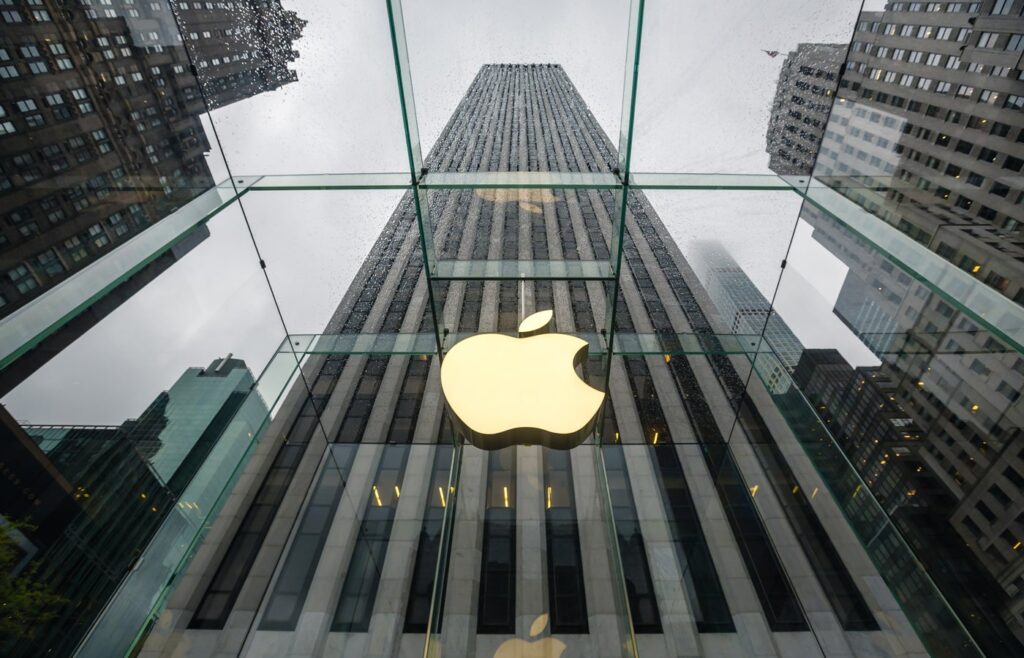Apple Introduces Major Updates to iOS 18 and iPadOS 18 in the E.U.
Apple has recently announced significant changes to iOS 18 and iPadOS 18 within the European Union, aligning with the Digital Markets Act. European users will now enjoy enhanced autonomy over default apps, browser selection, and the ability to delete entrenched pre-installed apps like Safari.
Browser Choice Screen Enhancements
The updated “browser choice screen” associated with iOS 18 and iPadOS 18 offers E.U. users a more comprehensive selection of browser alternatives through clear descriptions. There are now 12 browser options, including popular choices like Chrome and Firefox, with detailed descriptions extracted from each browser’s App Store page for informed decision-making.
Upon selecting a new default browser, users will be required to scroll through the full list of alternatives before initiating the download process. If the chosen browser is not present on the device, the download will commence automatically, replacing the Safari icon on the Home Screen.
Moreover, all E.U.-based Apple device users with Safari installed will encounter the browser choice screen post-download of iOS 18 or iPadOS 18, unless they have already set a default browser other than Safari. The screen will reappear when transitioning to a new device if the default browser on the previous device was Safari.
Developers featured on the browser choice screen will gain access to detailed performance data, including selection rates.
Expansion of Default App Options
Apple’s expansion of default app options goes beyond browsers to include email app marketplaces, contactless payment clients, and will soon extend to phone calls, messaging, keyboards, password management, and spam call filters. By the spring of 2025, E.U. users can also anticipate the ability to select default apps for navigation and translation.
Option to Delete Core Apps
For the first time, Apple has granted users the capability to delete core apps such as App Store, Messages, Photos, Camera, and Safari. This empowering feature grants E.U. users greater control over their preferred apps, promoting a leveled playing field for third-party app providers.
Apple’s Response to the DMA
In response to the DMA’s requisites in January, Apple expressed concerns about security risks associated with accessing third-party apps on their devices. Despite these concerns, Apple made pivotal changes, including a reduction in maximum commissions on subscriptions and in-app purchases while eliminating commissions for third-party app-distributed transactions.
However, following the March deadline for E.U. DMA compliance, an investigation was launched into Apple for alleged gatekeeping practices in apps and browsers, including favoring their services over competing options. Subsequently, on June 24, Apple became the initial tech giant formally charged with DMA violations.
The charges against Apple were primarily related to:
- The lack of freedom within Apple’s business rules for developers to guide customers to purchase options outside the app.
- The restrictive nature of directing users to external purchase options within iOS apps exclusively through limited “link-outs.”
- Excessive fees charged by Apple for directing new customers to developers via the App Store.
Simultaneously, an additional investigation was initiated into Apple’s business terms for developers seeking to host iOS apps on third-party platforms, focusing on factors like Core Technology Fees and the user experience associated with downloading alternative app stores or apps on Apple devices.
Apple still retains the opportunity to address concerns before an official decision is rendered, prompting the release of their latest updates. The European Commission awaits the outcomes of these solutions to determine the path forward in the investigation.
For further insights on Apple’s advancements amidst the DMA regulations, check out Apple’s official website.

